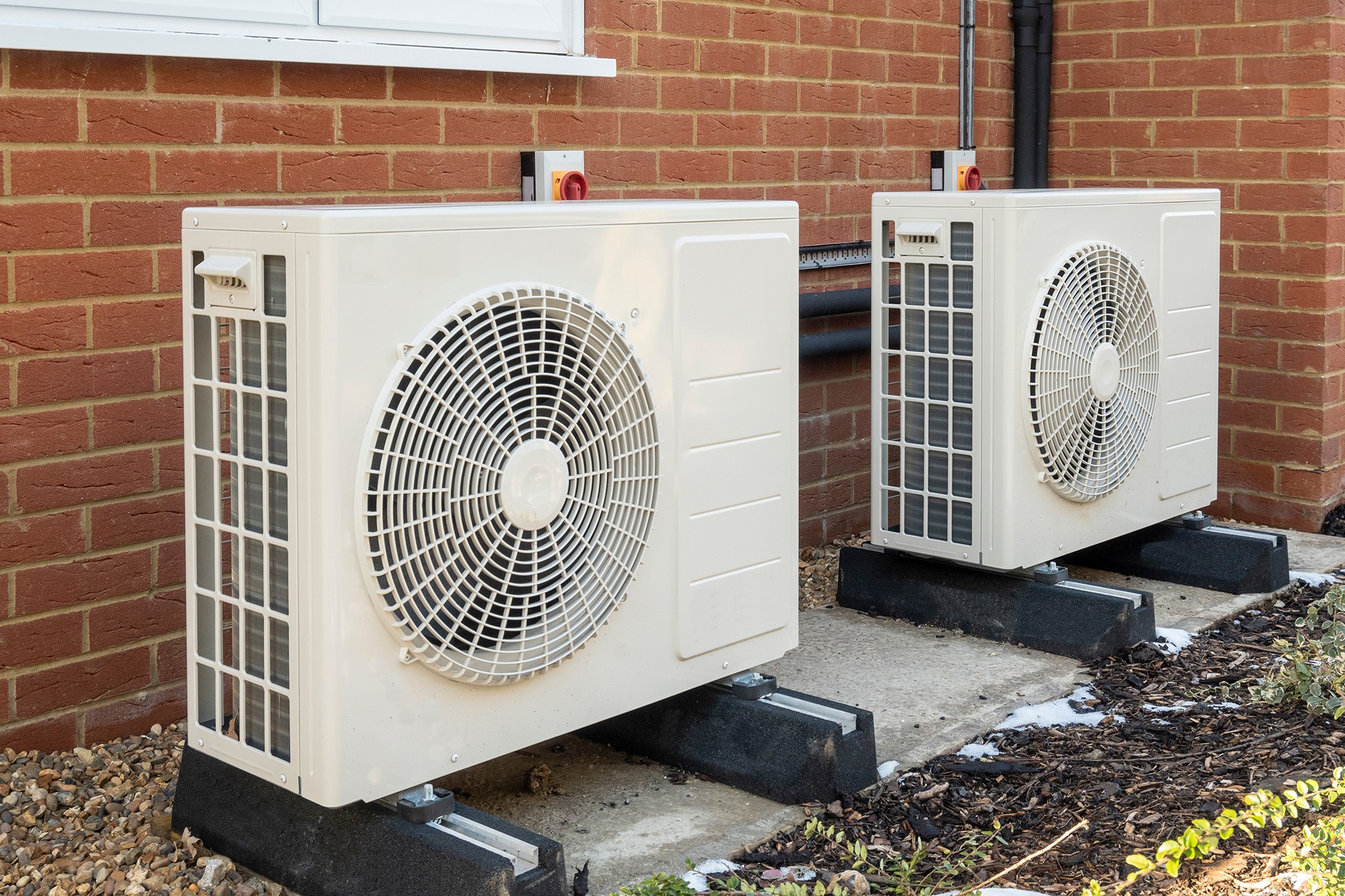More Understanding Around Sustainable Heating Options is Needed

UK households are wanting to invest in more sustainable forms of home heating that will reduce energy bills and be better for the environment but believe that heating options are inaccessible, according to a nationwide survey by leading trade specialist Wolseley.
With responses from more than 1,000 homeowners and tenants across the UK, the survey found a strong level of interest in investing in more sustainable forms of heating.
However, Wolseley’s survey also found that significant numbers of householders believe that sustainable heating options are inaccessible on cost grounds, and people don’t understand enough about those options or government subsidies designed to assist with purchasing and installing costs.
How Can We Decarbonise Heating In Homes?
In the UK, it is expected that most of the heating in homes will be decarbonised by one of three low-carbon technologies, these are, heat pumps, hydrogen and heat networks. The Climate Change Committee’s Sixth Carbon Budget Report outlines that by 2050, all heating in homes provided by low-carbon sources, of which 52 per cent is heat pumps, 42 per cent is district heating, 5 per cent is hydrogen boilers, and one per cent is new direct electric heating.
Regardless of what low-carbon heating technology is used, increased energy efficiency in all homes across the UK is expected to play a great role in the decarbonisation of domestic heat because it will optimise the usage of heating in homes and use less energy for heating.
The survey discovered that 34 per cent of people in Britain intend to invest their money in changing their heating systems, rather than on holidays or other experiences this year.
While, almost half of the respondents said they believe it is important for their energy source to be environmentally friendly, with 52 per cent expressing that they will consider the environment when they next renew their heating system. A total of 72 per cent of respondents said that they would seek a heat pump, hydrogen, or other non-gas/oil boiler to deliver cheaper long-term energy costs.
55 Per Cent Of People Think Sustainable Heat Technology Is Expensive
However, the survey also identified challenges that need to be overcome to make sustainable forms of heating more accessible for people.
The scale, complexity, and costs involved are the main reasons why delivering low-carbon residential heating is a great challenge. According to the CCC’s report, in 2017, the majority of residential buildings (85 per cent) were connected to the gas grid, using a boiler and wet-based central heating systems.
CCC revealed that the remaining 15 per cent of homes (approximately 4 million) were not connected to the gas grid, using either oil or liquid petroleum gas as their main heating fuel or electric heating.
People believe that it would be hard to make the transition to more sustainable heat technology because they think it would be expensive to do so – this was shown by 55 per cent of respondents.
A lack of knowledge on the issue was the reason 60 per cent of respondents said they would be apprehensive on making the transition, with 36 per cent wanting to wait until government funding and subsidies become clearer before switching to more sustainable heat sources. A total of 24 per cent said they have no understanding of the benefits at all.
When it comes to the government and subsidies making the benefits clearer, the survey revealed that only 14 per cent of people trust the government to provide clear and fair advice about their future heating options.
The Government And Housing Sector Must Work Collaboratively
Simon Oakland, CEO at Wolseley Group, explained that seeing the transition to people using more sustainable technology will take time but needs to happen: “Transforming the way that UK homes are heated to reduce environmental impact will take time.
“There are big hurdles to overcome around cost and reskilling of existing heating engineers. Specialist merchants, like Wolseley, will be critical in providing the support, training and advice needed to increase the number of installers able to provide these new technologies.”
He continued to express that collaboration is key to seeing the change take place: “It is clear that the Government and the home heating sector need to be working together more closely to accelerate this transition by making the available grants and subsidies clearer, and the options more understandable.”
The appetite for more sustainable home heating is clearly there across the country.
The extent to which homeowners depend upon specialist heating engineers and trade merchants to advise them on their heating options and systems costs was clear (74 per cent).
Across the UK, 23 per cent of people had already discussed options for a ground source heat pump, an air source heat pump or a hydrogen/hybrid boiler as a more sustainable heating alternative, rising to 28 per cent in Scotland but with the south coast region seeing a far lower figure of 10 per cent.
In addition, the role played by installers in enabling the sustainable energy transition is also crucial, with many specialists being in their 50s and 60s, and with a need to both retrain experienced tradespeople in heat pumps, hybrid boilers and other technologies while supporting newer installers to gain those skills too.
A Comprehensive Plan Is Needed To Achieve The Decarbonisation Of Heat
Progress to decarbonise heating has been limited due to the lack of direction from the government. In December 2020, the UK Government committed to publishing a Heat and Buildings Strategy which was said to “set out the immediate actions we will take for reducing emissions from buildings, including deploying energy-efficient measures and transitioning to low-carbon heating. This ambitious programme of work will enable the mass transition to low-carbon heat and set us on a path to meet our net zero 2050 emissions targets.”
However, the publication of the Heat and Buildings Strategy has been repeatedly delayed and was finally published at the end of 2021. The strategy had missed an opportunity by the government to outline comprehensive and detailed plans to achieve the decarbonisation of domestic heat.
Going forward, the UK Government must outline a detailed plan which states how it plans to support the decarbonisation of domestic heat and help boost the confidence of people.

